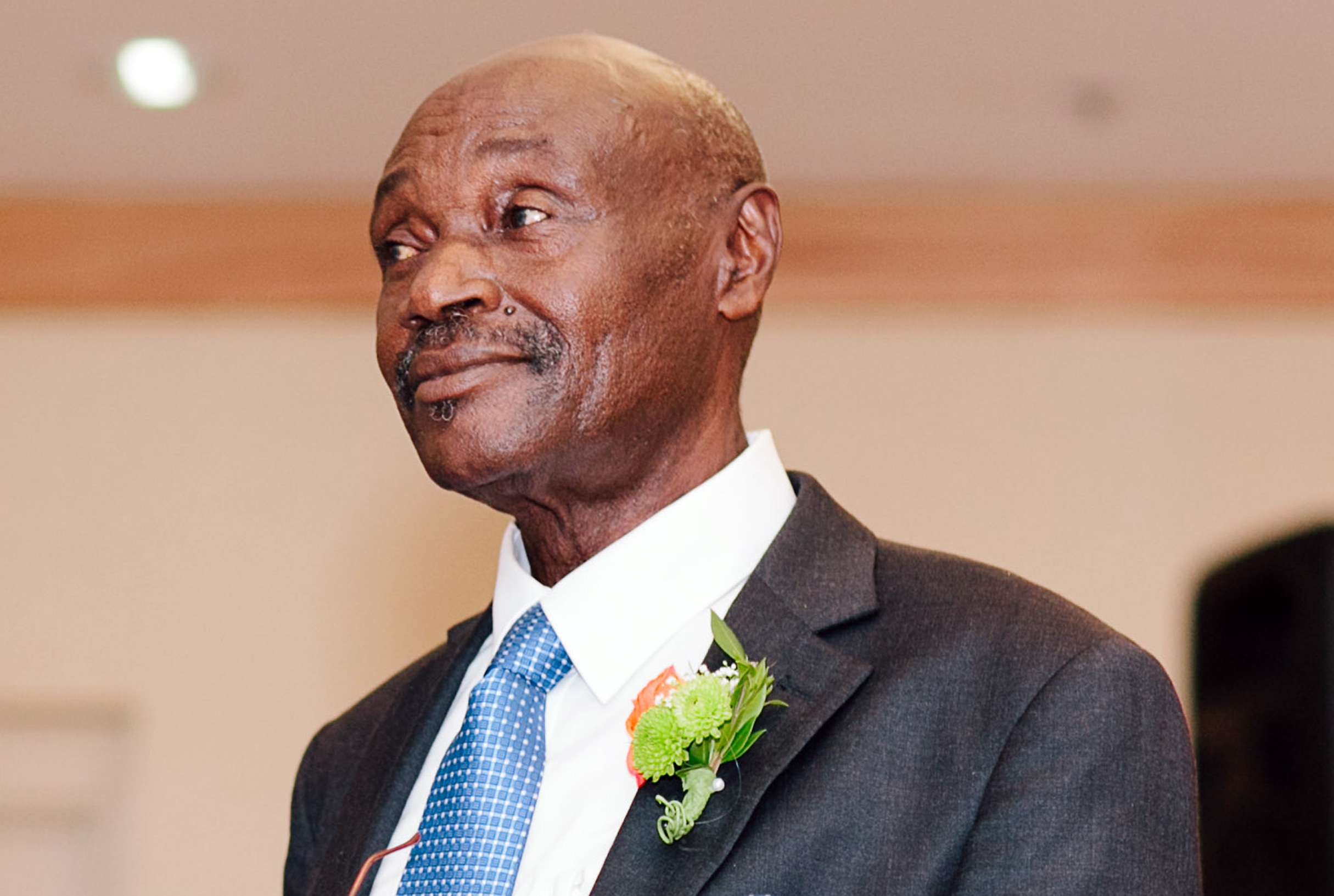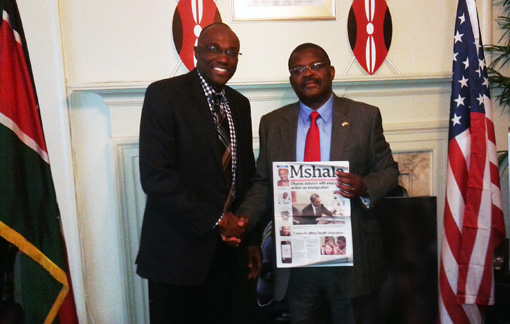Officials talk tough in a desperate attempt to improve a reputation they say is tarnished by a few bad apples, making air travel in Africa the most dangerous in the world.
PORT-LOUIS, Mauritius – Members of the African Airlines Association who fail to comply with acceptable security standards by end of 2008 will risk being expelled from the organization, officials said.
The officials said airline safety and security would be AFRAA’s top priority in 2008, and that all members were expected to comply without exceptions.
“Airline security is not negotiable,” said Sanjay Buckhory, the outgoing president of the association and president of Air Mauritius.
The officials were addressing members in December during a two-day 39th annual general meeting, which took place at Le Méridien Hotel in the northern part of the Indian Ocean Island.
AFRAA’s new tough talk appears to be an answer to the criticism that African airliners do not take safety seriously. Africa accounts for only three percent of the flights worldwide, but 25 percent of accidents occur in the continent. The International Air Transport Association attributes Africa’s poor record to lack of an effective safety management system.
“It is high time that Africa recovers and refuses any negotiation when it comes to the question of security,” said Buckhory. “AFRAA will be intolerant to those who do not have the IOSA (IATA Operation Safety Audit) certification by December 2008. In fact they will have to leave the organization.”
As of November 2007, only 17 of 25 IATA members in Africa had received IOSA certification. Speaking to the press, AFRAA Secretary General Christian Folly-Kossy, said IOSA certification would allow everyone to see the difference between respected companies and the violators.
“There are only few companies operating obsolete engines that tarnish the reputation of the whole continent,” said Folly-Kossy.
He said most of the companies were in the Democratic Republic of Congo and were responsible for 50 percent of the airlines accidents recorded in Africa.
The General Assembly of the AFRAA was an opportunity for the delegates to review common projects already in the underway since the last meeting. Among the issues discussed was the introduction of electronic ticketing across the continent. Member airlines were given until May 31 to get it done.
“No company will be allowed to do without [it] as from that date,” said Buckhory, adding that the association was doing a lot to help members to get updated with this service.
AFRAA is also working on a joint project concerning the purchase of fuel, said Buckhory. He proposed that AFRAA be a platform for revenue management for a better planning of flights and saving fuel.
Folly-Kossy noted that fuel constitutes the highest proportion of operating costs, about 30 percent and sometimes even higher.
Concerning the Pan-African Leasing Project, AFRAA’s new president, Mohamed Ghelala of Air Burkina, suggested that companies pull resources together under the association for the purchase of aircrafts.
According to Folly-Kossy, the project was brought up in 2006 and the Development Bank of Africa showed skepticism about it. But, he added, a Chinese promoter, from Hong Kong had showed interest in it.
“This is a positive sign,” he said.
Folly-Kossy said ideally African airlines would go a step farther and merge. He added that the association encouraged Africans to cut across borders when doing business, to invest in profitable companies and to pull resources together to create new ones where they exist.
“Laws of the different states must make provision for that,” he said.
Concerning the extent to which decisions can be made independently by individual CEOs of most airlines owned by the states, Folly-Kossy said that 40 years of observation had shown that states were ineffective in managing commercial enterprises.
“According to figures, all those who did it failed,” he said. “AFRAA has always witnessed privatization of companies if not the commercialization of these.”
He said that although state-owned companies like Ethopian Airlines had set rules to protect the independence of the companies, companies performed a lot better when they were completely independent.
“The contribution of the state is very important, but not in day-to-day management of the company,” Folly-Kossy said.
But he was quick to add that AFRAA was not a lawmaker and could only suggest and
encourage states to go in its direction.
“We have got this weakness, one which even the African Union has got: AU can’t impose any decision on any state.”
About Munawar Namdarkhan
Munawar Namdarkhan is Mshale's correspondent covering the Indian Ocean islands in Africa including Mauritius where she is based. She is a reporter with Le Mauricien newspaper in the capital Port Louis.
- Web |
- More Posts(3)





